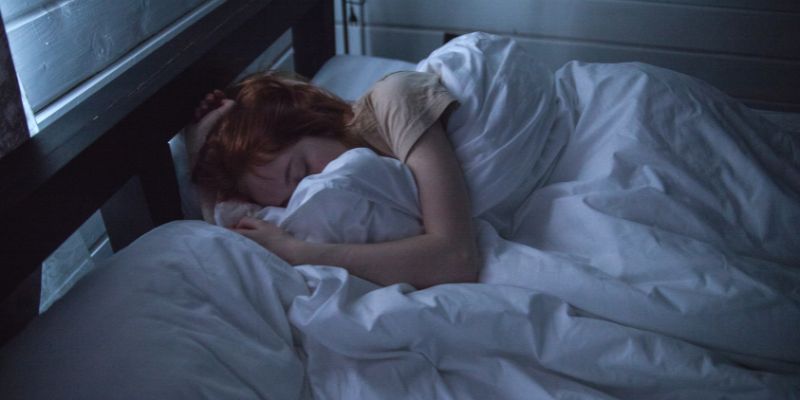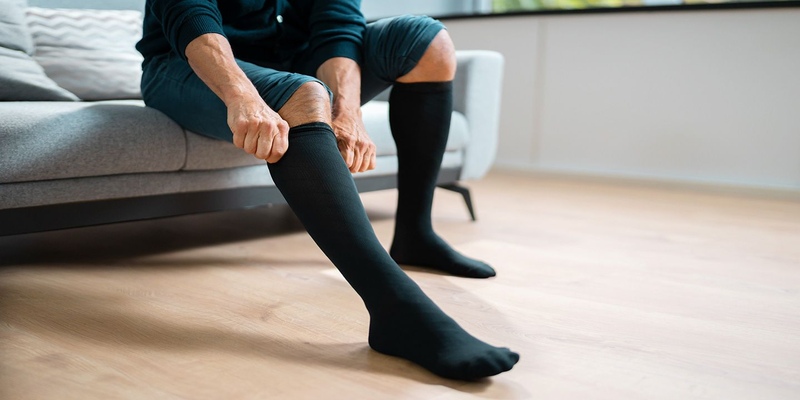Asia has greater sleep complaints than Europe and North America. New research shows that Asians sleep later, shorter, and of lower quality than others. They also sleep less throughout the week and snooze less on weekends.
Findings revealed more weekday variability in sleep duration and later bedtimes among Asians. They go to bed later than those in Europe, Oceania, or North America. While previous research has shown that people may maximize their sleep time by cutting down on their bedtime, this study found that Asians, despite sleeping less overall, also had inferior sleep efficiency.
It may be because of the correlation between poor sleep quality and the variables that produce short sleep duration (such as stress at work). The term weekend sleep extension describes the common practice of sleeping longer on weekends than on weekdays.
Even after considering that persons in Asia had the smallest weekend sleep extension, the correlation between shorter weekday sleep and greater weekend sleep extension suggested that people caught up on sleep on the weekends.

Weekend Sleep Habits Globally
Weekend sleep schedules vary widely from region to region, with the West sleeping later than Asia on average. Weekends are characterized by a more leisurely pace of life in the West, as seen by the later bedtimes and later rising times typical among weekenders.
Many Asian cultures, on the other hand, adhere to earlier bedtimes and wake-up times, frequently because of a greater focus on work and family. The cultural and lifestyle inequalities in weekend sleep times exemplify this.
These variations can also affect one's sleeping habits. Friday night is often the start of the weekend in the West, leading to later bedtimes and later Saturday morning wake-up hours. On the other hand, Thursday night may see comparable alterations in sleep patterns in Islamic nations.
These weekend sleep pattern differences show cultural differences in time allocation and rest priorities. When designing public health policies and treatments, it is crucial to consider regional variations in sleep patterns during the weekend.
Weekend Sleep Differs Culturally
Cultural factors cause weekend sleep schedules to differ between Westerners and Asians. Western weekends are for leisure and relaxation, which often means less sleep and a later start. Asia values discipline, respect for elders, and family reunions; therefore, people tend to have regular sleep and wake habits even on weekends.
Understanding cultural variations is necessary to recognize that sleep patterns are influenced by culture rather than biology. Western weekends are spent with friends and family and without work. Entertainment, social life, and other activities require late-night hours. Later bedtimes mean later weekend morning wake-ups.
People who do these weekend activities are called "weekend warriors," which fits their mentality. Many Asian civilizations have more set weekend routines. Family get-togethers, community meals, and traditions emphasize spending time with loved ones.
Due to respect for elders and culture, many individuals keep weekday bedtimes and Sunday morning wake-ups. Even on weekends, Japanese 'asa-data' emphasizes early rising and output. Cultural norms and practices affect how much individuals sleep during the week and on weekends and how healthy they are.
The Effects of Weekend Sleep Deprivation on Your Health
Weekend sleep habits may differ between the Western world and Asia. Westerners frequently mess with their bodies' natural sleep-wake cycle, leading to insomnia and other health problems. Consistent sleep patterns may contribute to greater health and longer life for Asians. Better public health and rest worldwide depend on our firm grasp of these implications.
Sleep deprivation is bad for you, whether you stay up late or sleep in—increased danger of heart disease, metabolic syndrome, or psychological disorder. Memory, focus, and judgment can all take a hit when you don't get enough shut-eye. However, many Asian cultures may sleep better due to their culture's emphasis on regular sleep patterns (even weekends).
Lessening sleep disturbances is one health advantage. Weekend sleep deprivation has serious health consequences that should not be ignored by public health initiatives or by doctors. Therefore, it highlights the need to raise awareness about the need for and consequences of not obtaining enough sleep regularly.

Ways to Balance Weekend Sleep
Adjusting Your Sleep Schedule Gradually
The negative consequences of circadian misalignment can be lessened by gradually adopting a more regular sleeping and waking schedule. Try to maintain a consistent sleep-wake schedule, even on days off.
This method keeps your internal clock in sync, easing the transition between sleep and wakefulness during the workweek. You may obtain a more even weekend sleep schedule by making little adjustments of 15 to 30 minutes over many weeks.
Focus on Rest Over Late-Night Activities
Choose leisure activities that don't keep you up late on the weekends if you want to keep a healthy sleep routine. Without upsetting your internal body clock, you can wind down in the evening by reading, having a warm bath, or doing light stretching exercises. Late-night screen usage should be avoided since the blue light from electronic devices might disrupt melatonin synthesis.
Try Some Relaxation Exercises
Anxiety and stress reduction are crucial for fostering a healthy weekend sleep routine. Try deep breathing exercises, mindfulness meditation, or reading to calm your nerves. Even on weekends, when relaxation may be difficult owing to social events and other distractions, these routines can help calm the mind and prepare the body for healthy sleep.
Maintain Your Morning Routines
It's easy to let your morning routine slide over the weekend, but it's important to attempt to stick to it at least a portion of the time. Avoid sleeping too much by setting an alarm for a sensible time. Maintaining a consistent sleep-wake pattern like this simplifies transitioning back into the workweek on Monday.
Conclusion:
In conclusion, Westerners and Asians have noticeably different weekend sleep routines. On the weekends, people in the West tend to sleep in and stay up later to make time for fun and socializing.
Many Asian cultures, in contrast, adhere to more regimented weekend sleep cycles, which reflect traditional values, family reunions, and an early morning work ethic. This cultural norm contributes to a more regular sleep-wake schedule during the week, which has potential health benefits.




